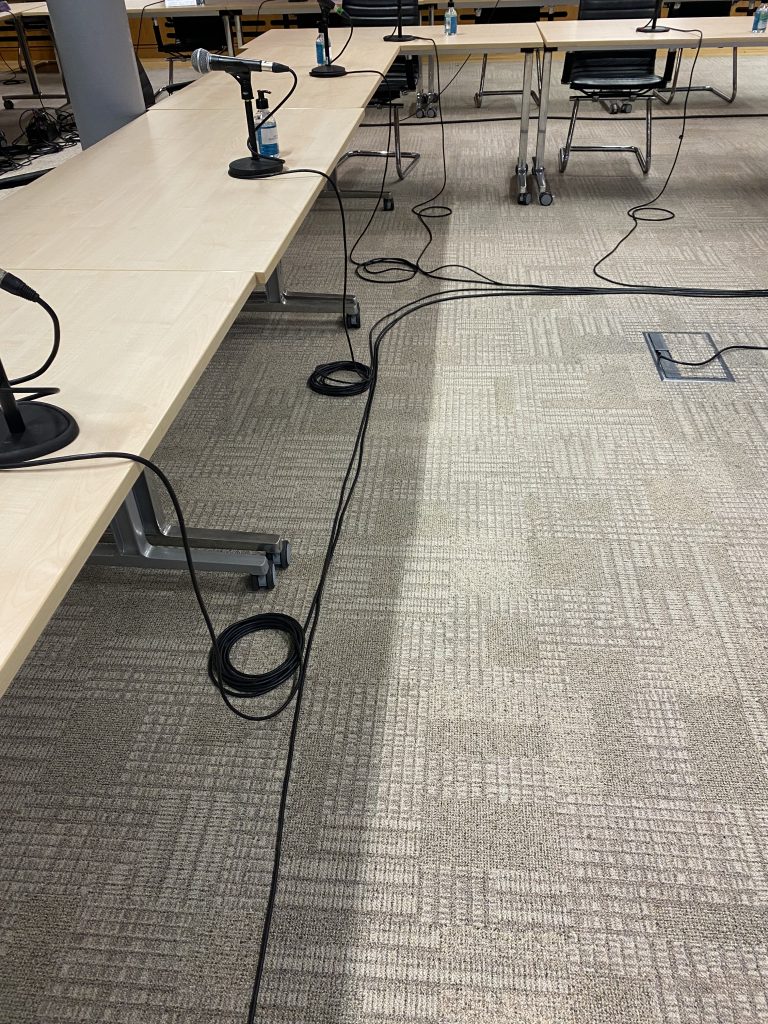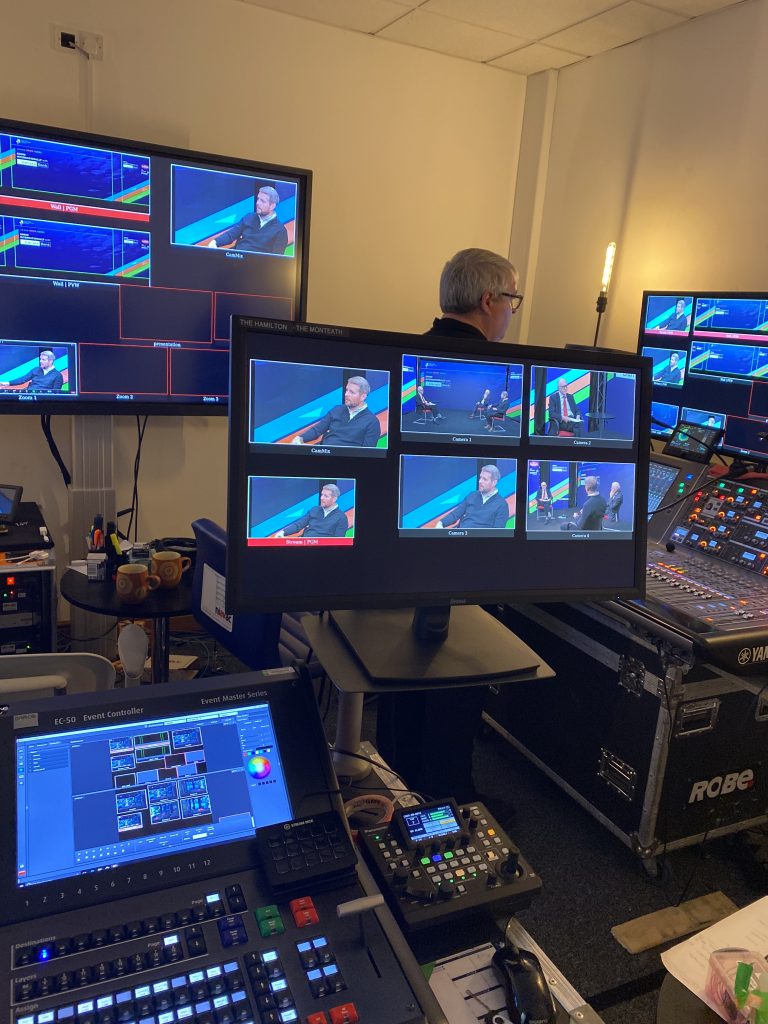‘Crossing wires- the importance of conversation of experience’
Prior to attending placement, I had a lot of anxieties surrounding my general knowledge and experience of sound engineering practices. As although my Music and Audio production course is rife with relating modules and theory content, my lack of real-life, practical experience, especially during the Covid-19 pandemic, has understandably affected my confidence and overall proficiency within live sound and performance settings.
The self-awareness of this emotion is the first step of Bouds’ model of reflection. My next step was to remove these obstructive ideas, which inspired me to read ‘The Reflective Practitioner’, a book about how professionals think in action; something I would soon have to do in various professional live-sound settings. The author Donald a Schön states on the topic of University, ‘They are institutions committed, for the most part, to a particular epistemology, a view of knowledge that fosters selective inattention to practical competence and professional artistry’. This was reassuring and gave me a new perspective, as I believe my modules have equipped me with a brain of knowledge and theory surrounding live sound and production, but it was a matter of putting this into action and expanding with experience. This fundamental start had to be made somewhere and I was now confident and ready; it was time to cross wires with the NIAVAC Team…
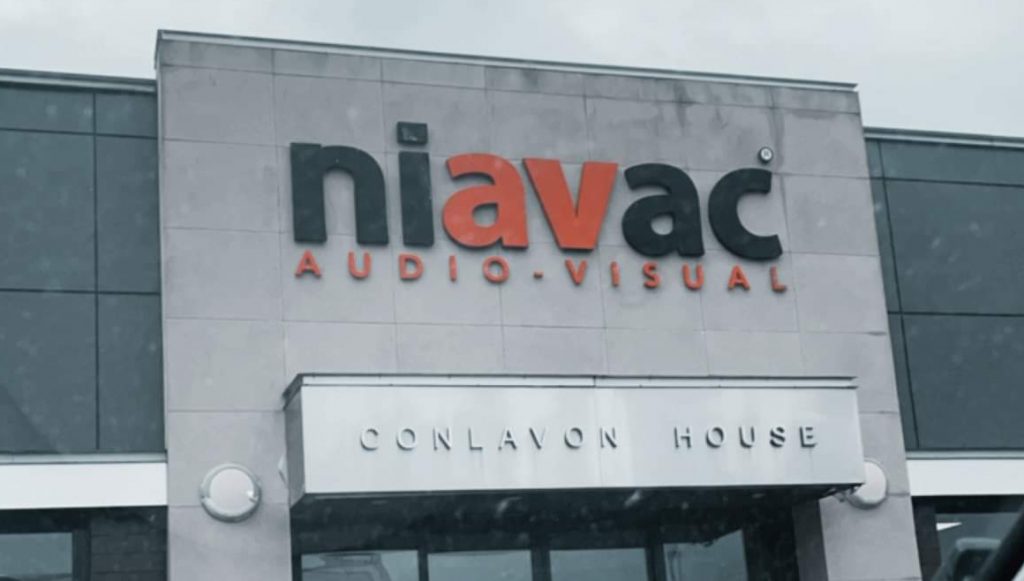
This starting point was sparked through initial, invaluable conversations I have had with members of the NIAVAC team; conversations usually had during the common silences of concentration on location or even in the warehouse while off-loading equipment and coiling wires (an invaluable skill which is seemingly a lot more difficult than it sounds). With each day of placement, the ongoing conversations I am having with different members of staff have grown with importance, as each team member holds their own unique path of experience and employment history within the sound field, which I have been interested to hear and they have been keen to share. By applying Borton’s model of reflection to these simple conversations, it led me to ask myself the question, ‘so what?’. From this, I have realised that these conversations have enlightened and reassured me that everyone’s path of experience in the sound-industry starts somewhere, but once it starts, it is vital to absorb every ounce of information and to take every opportunity given to you, as it is within all of these critical moments, that a brain of sound engineering knowledge will expand and continue to thrive in professional live-sound environments. Members of the NIAVAC team have agreed that my 100 hours of placement will be a major stepping-stone along my path of live-sound experience, so I have to make the most of every moment.
“Everyday is a learning day!”
-Ciaran, Sound Technician at NIAVAC
This being the case, it has been critical for me, after each day of placement to record and reflect on things I have done. After all, ‘Every day is a learning day!’ -a statement proclaimed by one of the NIAVAC team amid an averted sound crisis, minutes before a live event, a situation more common than I would of thought.
From researching the key skills of a sound engineer ‘continuous learning’ had been deemed one of them by the IPR College of Creative Arts (Rothstein, 2020), as every second of every day something new can be learned, especially within these critical moments, where I have observed the importance of reflection in action, explained by Schön in his model of reflection. During live sound environments, I have learnt how important it is to reflect on action, after something has happened, in order to be able to reflect in action. In the instance of the potential repetition of a particular sound set-up or a signal-processing disaster, being able to re-call on a past situation or set-up was paramount to efficient trouble shooting during events by the NIAVAC Team.
On a small scale, for example, I have been asked by colleagues to retrieve specific cables and microphones of which I wasn’t sure of the names, but upon asking, processing and remembering new information, this common situation of uncertainty has been averted and I have since grown in confidence of knowledge on cable names and types of microphones. On a larger scale, I have been able to apply this knowledge while being tasked with the set-up of up to 50 microphones for various council events, a task of which I have progressively gotten better, and is illustrated in the image below of which my invaluable (and long-awaited) wire-coiling skill has been applied. I accredit all of this to retaining reflective knowledge gained from asking questions about signal flow, cable positioning, general observation, learning from mistakes and confidently applying all of this to repeated situations. The cherry on top, was being trusted with the Ec-50 Event Controller during an international live stream event for Danske Bank, a moment where I was able to reflect on observations made previous and act immediately to successfully complete a task, with confidence and initiative, in a true audio-visual engineer fashion.
In conclusion, it is clear how beneficial my conversations with NIAVAC members on their working experiences within the sound industry has impacted upon the amount I have already gained from my time at NIAVAC. It is clear that by adopting models of reflection, I have successfully been able to put my abundant experience into practice while on location.
I am eager and enthusiastic about my remaining time with NIAVAC, the amount I have left to experience really excites me. I’m ready to continue reflecting and expanding my knowledge!
References
Boud, D., Keogh, R., & Walker, D. (1985) Promoting Reflection in Learning: A Model. Reflection: Turning Reflection into Learning. London: Routledge.
Borton, T. (1970) Reach, Touch and Teach. London: Hutchinson.
Rothstein, A. (2020) ‘The Qualities and Skills of a Successful Sound Engineer’ [online] Available at:https://www.ipr.edu/blogs/live-sound-and-show-production/the-qualities-skills-of-a-successful-sound-engineer/ (Accessed 26/11/21).
Schön D. A. (2016) The Reflective Practitioner: How Professions think in Action. London: Temple Smith.
Ups and Downs in a Media Company
You May Also Like
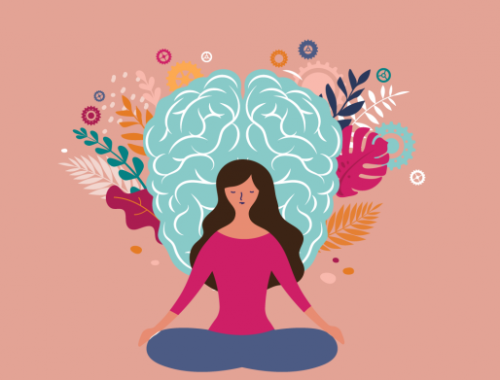
Facing Avoidance
26 November 2021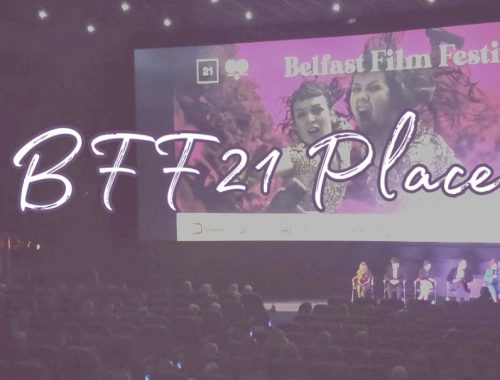
Breaking into the Film Industry: What You Know or Who You Know?
24 November 2021

